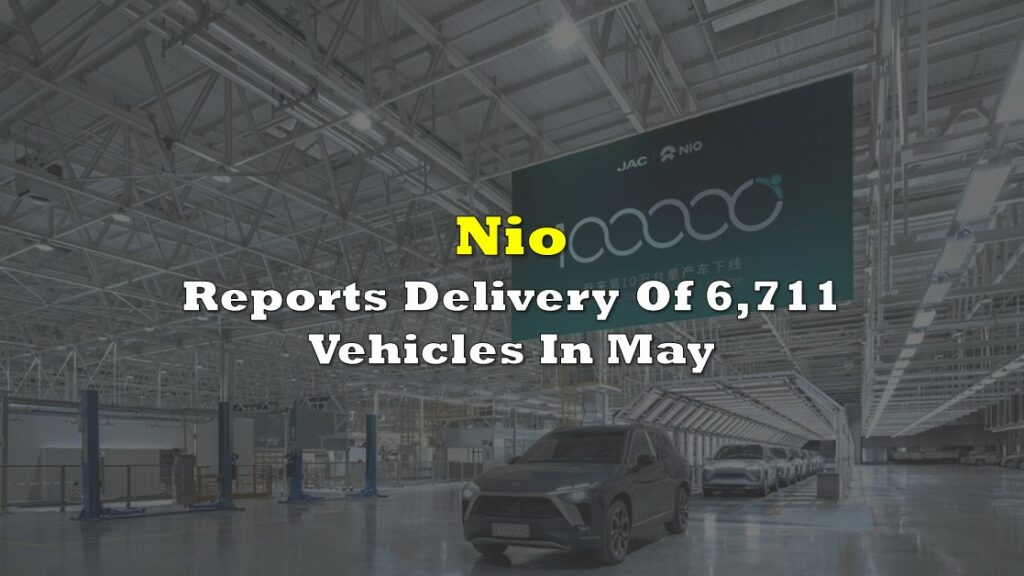On January 14, 2022, the private start-up electric vehicle (EV) manufacturer Bollinger Motors announced it will stop development of, and cancel customer orders for, its all-electric US$125,000 B1 SUV and B2 pickup truck models. The Michigan-based company plans now to focus on developing all-electric commercial trucks.
Some may dismiss Bollinger’s announcement as simply another young company which misgauged the market for its products, but we believe the company’s change in plans may shed significant light on the competitive dynamics in the EV industry, and could augur poorly for several EV OEM developers.

Bollinger’s announcement likely signals that the market for high-end EV pickup trucks will be extraordinarily competitive. To name just a few, Tesla’s Cybertruck, Rivian’s US$74,000 R1T, General Motors’ US$113,000 Hummer EV and Silverado EV, Ford’s US$70,000 to US$100,000 F-150 Electric, and Lordstown Motors’ Endurance pickup truck models all plan to enter an EV pickup truck of indeterminant size in short order. To state the obvious, it is uncertain whether there will be sufficient demand for all these vehicles.
Note that Bollinger effectively turned its back on this market from a position of relative strength. It had received 30,000 preorders or reservations, a sizable figure, for its B1 and B2 models at US$1,000 (refundable) per reservation. By comparison, Lucid Group, Inc. (NASDAQ: LCID) had 17,000 refundable reservations, also at US$1,000 per reservation, for its Lucid Air model as of mid-November 2021. In addition, Rivian Automotive, Inc. (NASDAQ: RIVN) had about 71,000 reservations for its R1T pickup and R1S SUV under similar reservation terms as of mid-December 2021.
Bollinger plans to return the US$30 million in total proceeds back to its customers. This itself is quite unusual, as the company could have conceivably booked US$3.75 billion in total revenue if all pre-orders had transitioned to sales.
Bollinger plans to focus on building medium-duty Class 3 through 6 electric trucks with gross vehicle weights from 10,000 to 26,000 pounds. Its trucks would then not compete with Class 2 electric vans (6,000-10,000 pound gross vehicle weights) like the vehicles Rivian is building for Amazon, or General Motors’ Class 1 (less than 6,000 pounds) BrightDrop electric vans.
The EV company which would seem to be most negatively affected by the implications of Bollinger’s action is Lordstown Motors Corp. (NASDAQ: RIDE). In its 3Q 2021 earnings release, Lordstown said it planned to begin delivering its all-electric Endurance pickup truck to customers in 3Q 2022. It is possible that timeframe will prove too late given the crowded field of competitors. Endurance’s US$52,500 price point looks attractive, but that may not be enough to ensure that production of the vehicle will be economic.
In addition, Bollinger’s actions seem to be another reason to question Rivian’s US$70 billion stock market valuation. Rivian has a fortress balance sheet — about US$20 billion in cash due to its IPO and debt issuance proceeds — but one of its flagship products is its R1T pickup truck. If the competition in that EV sector promises to be so intense that a company with 30,000 preorders decides the only proper course is to throw in the towel, is it possible that the future level of R1T sales could prove disappointing? As noted above, Rivian’s combined R1T and R1S reservations total about 71,000.
Information for this briefing was found via Edgar and the companies mentioned. The author has no securities or affiliations related to this organization. Not a recommendation to buy or sell. Always do additional research and consult a professional before purchasing a security. The author holds no licenses.









